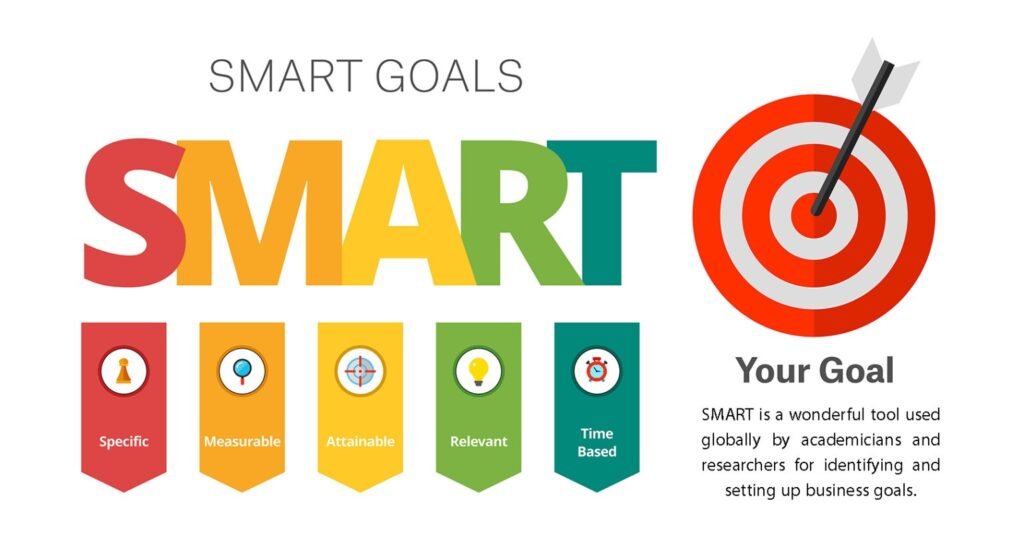
15+ Effective Time Management Strategies and Techniques
Managing your time effectively can often feel like an uphill struggle. Between juggling multiple responsibilities, hitting tight deadlines, and balancing work with personal life, many find it challenging to stay on top of their to-do lists. If you constantly feel overwhelmed, stressed, or like there aren’t enough hours in the day, you’re not alone. The good news is that with the right time management strategies, you can take back control.
This post will walk you through proven time management techniques to help you prioritise tasks, eliminate distractions, and maximise your productivity. Whether you’re a busy professional, a student managing assignments, or simply someone looking to boost efficiency, these strategies are designed to tackle your biggest time management challenges and help you work smarter, not harder.
Why Time Management Matters
Effective time management is crucial for success. Here are some key reasons why these strategies are essential:
- Increased Productivity: Learn to prioritise tasks and minimise distractions, leading to higher output.
- Reduced Stress: Alleviate feelings of being overwhelmed and maintain a healthier work-life balance.
- Improved Focus: Stay concentrated on your tasks, reducing the chances of procrastination.
- Better Decision-Making: Understand your time constraints to make informed decisions about resource allocation.
- Enhanced Goal Achievement: Set realistic targets and manage your time effectively to reach your objectives and fulfil your dreams.
- Increased Job Satisfaction: Gaining control over your time and workload can lead to greater fulfilment in your work.
Studies show a clear link between effective time management, reduced stress, and improved productivity. Read on to discover effective strategies that can significantly enhance your work performance and overall well-being.
Practical Time Management Techniques
Effective time management involves setting clear goals, prioritising tasks, eliminating distractions, and employing techniques like the Pomodoro Technique and time blocking. By utilising your time strategically, you can accomplish more than you ever thought possible. Here are some practical strategies to overcome common time management hurdles:

- Plan Your Day the Night Before: Spend a few minutes each night reviewing your tasks for the next day. This simple habit allows you to start your morning with a clear game plan, reducing decision fatigue and helping you dive straight into important tasks.
- Prioritise Your Tasks: Understanding the value of tasks is crucial. Use the Eisenhower Matrix to categorise tasks by urgency and importance, helping you focus on what truly matters.
- Set SMART Goals: Define Specific, Measurable, Achievable, Relevant, and Time-bound goals to maintain focus and track progress.
- Establish Time Limits for Tasks: Use time blocking to assign specific time slots for tasks. This technique creates urgency and helps prevent tasks from dragging on.
- Apply the Pomodoro Technique: Work in focused intervals, traditionally 25 minutes, followed by short breaks. This method boosts concentration and provides time to recharge.
- Break Larger Projects into Smaller Tasks: Divide big projects into manageable steps to avoid feeling overwhelmed and to maintain momentum.
- Delegate Low-Priority Tasks: Identify tasks that don’t require your expertise and delegate them. This frees you to focus on high-value activities.
- Avoid Multitasking: Focus on one task at a time to improve efficiency and produce higher-quality work.
- Limit Distractions: Create a workspace that minimises interruptions by using tools like website blockers and noise-cancelling headphones.
- Use Task Management Tools: Leverage tools like Trello or Asana to stay organised and track progress.
- Learn to Say No: Avoid overcommitting by politely declining unnecessary tasks that don’t align with your goals.
- Batch Similar Tasks Together: Grouping similar tasks can improve workflow efficiency by reducing the time spent switching between different types of work.
- Regularly Review Your Strategies: Time management isn’t static. Periodically assess and adjust your methods to align with your current responsibilities.
- Plan for the Future: Take a long-term view by planning weeks or months ahead to stay proactive and avoid last-minute rushes.
- Stay Healthy: Prioritise sleep, exercise, and a balanced diet to maintain high energy levels and focus throughout the day.
- Reward Yourself: Celebrate small wins with breaks or treats to stay motivated.
- Take Breaks: Regularly disconnect from work to recharge and prevent burnout.
Conclusion
Mastering time management is essential for everyone. By adopting the right techniques—whether it’s breaking tasks into manageable pieces, prioritising effectively, or setting focused time intervals—you can take control of your schedule and work more efficiently. Remember, no single strategy fits everyone, so feel free to experiment until you find what works best for you. With consistent application of these strategies, you’ll accomplish more while also finding greater fulfilment in your work.






